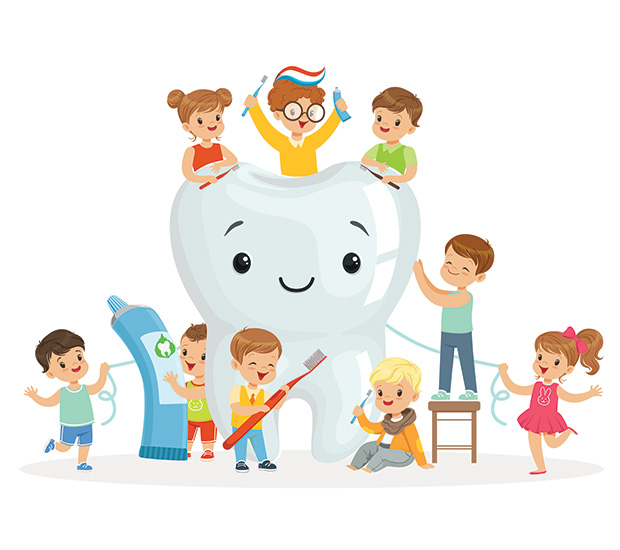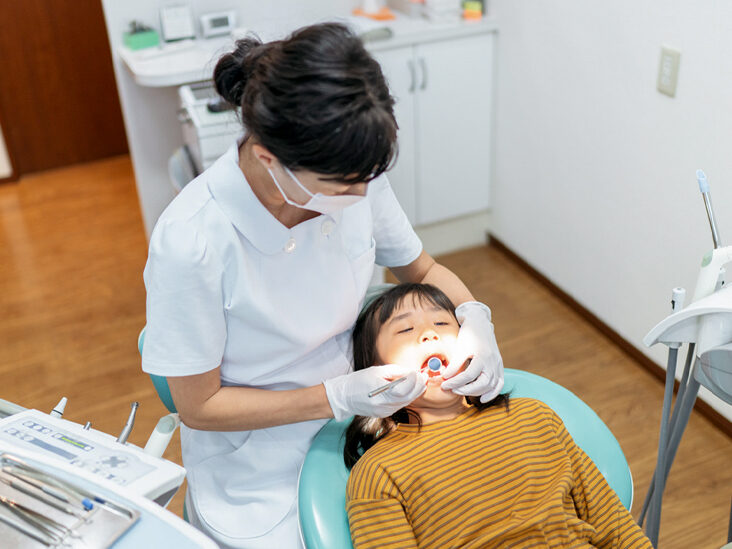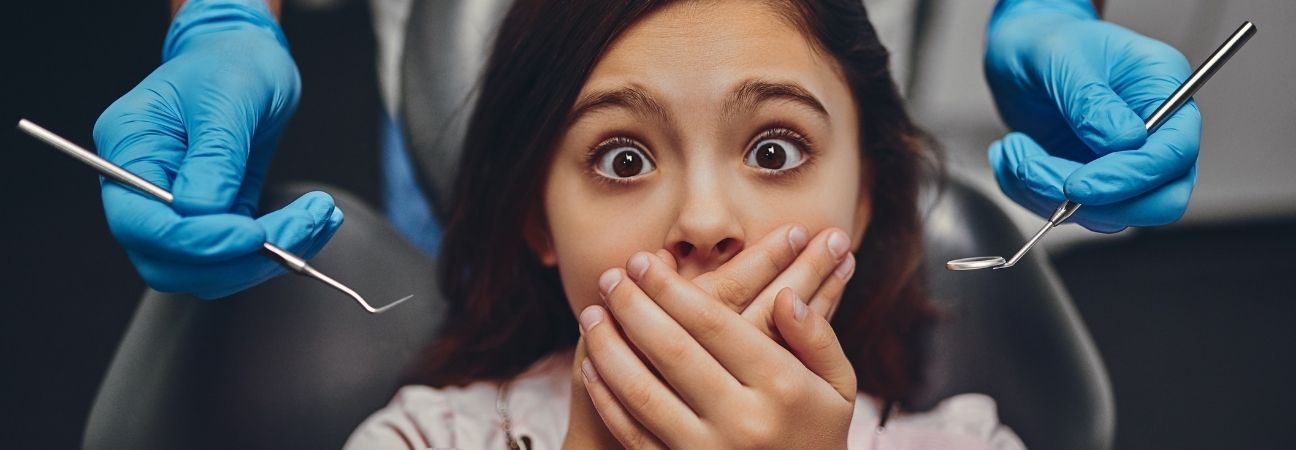
Every parent wants their child to have a bright, healthy smile. However, cavities can sneak up and cause problems if you don’t know what to look out for. Understanding the causes of cavities in children is crucial for maintaining good oral health.
The Role of Sugar and Diet
Sugar is one of the primary causes of cavities in children. When children consume sugary foods and drinks, the bacteria in their mouths feed on the sugar and produce acids. These acids attack the tooth enamel, leading to decay over time.
Another dietary factor is the frequent consumption of acidic foods and beverages. Items such as citrus fruits, sodas, and sports drinks can erode tooth enamel, making it easier for cavities to form. While these foods can be part of a balanced diet, it’s important to consume them in moderation and ensure children brush their teeth afterward to neutralize the acids.
Poor Oral Hygiene Habits
Inadequate brushing and flossing are significant contributors to cavity formation. Effective oral hygiene involves brushing twice a day with fluoride toothpaste and flossing daily. Unfortunately, many children are not diligent about these practices, either because they forget or because they lack the manual dexterity to brush and floss effectively.
Parents should oversee their children’s brushing routines, especially for younger children who may not clean their teeth thoroughly. Additionally, regular dental check-ups are essential for professional cleanings and early detection of potential issues.
Fluoride is another key component in preventing cavities. Most public water supplies contain fluoride, but parents should check if their local water is fluoridated. If not, they can consult with their pediatric dentist about fluoride supplements or treatments.
Conclusion
Understanding the causes of cavities in children is the first step toward prevention. Be mindful of their diet and oral hygiene routines. If cavities appear, search for your local dentist nearby and learn more about cavity fillings in Greenville, NC. Wilson Pediatric Dentistry is a great resource for cavity treatment and prevention.
Maintaining a healthy smile requires ongoing attention and care, but the results are well worth the effort. Let’s keep our children’s smiles bright and cavity-free!









